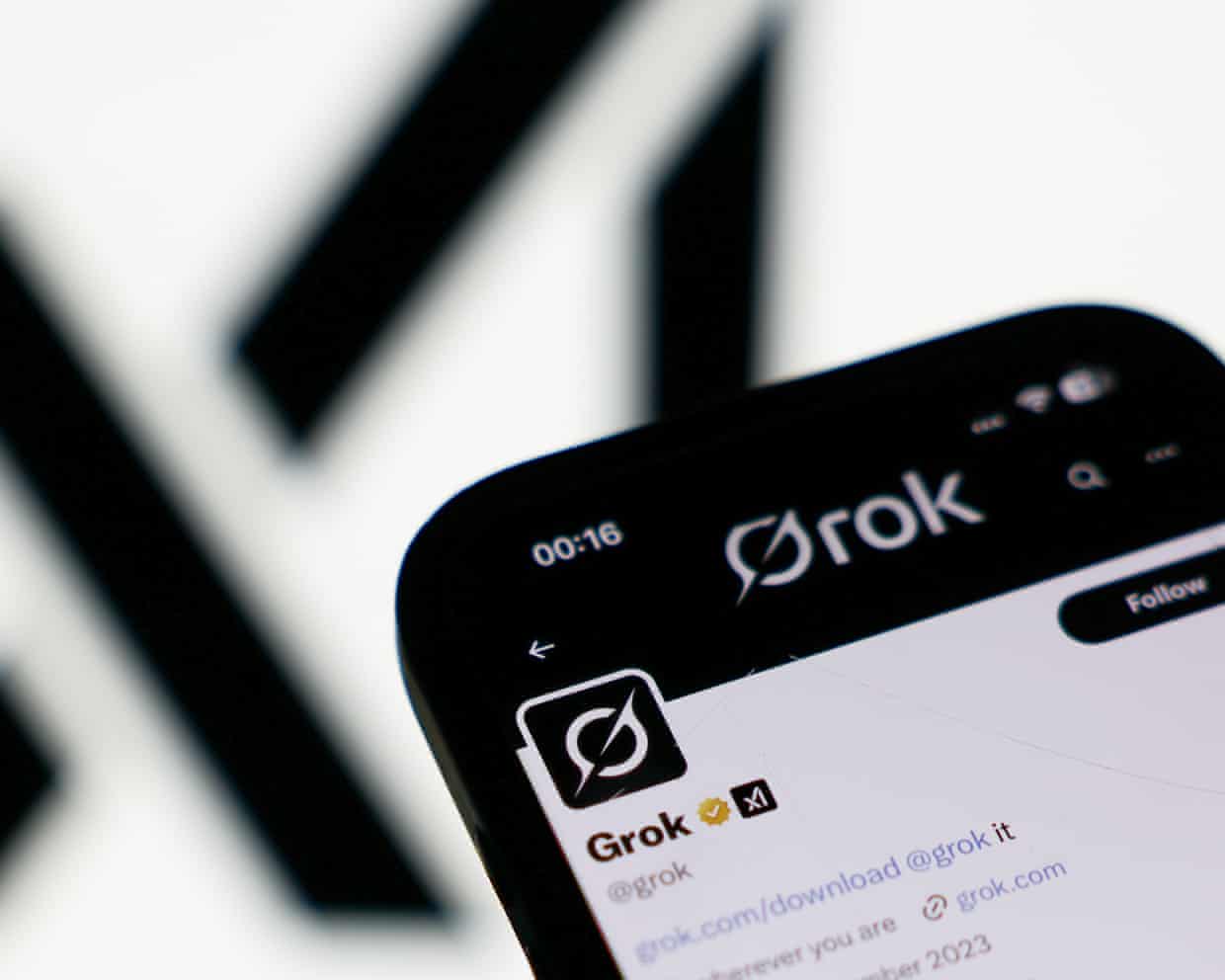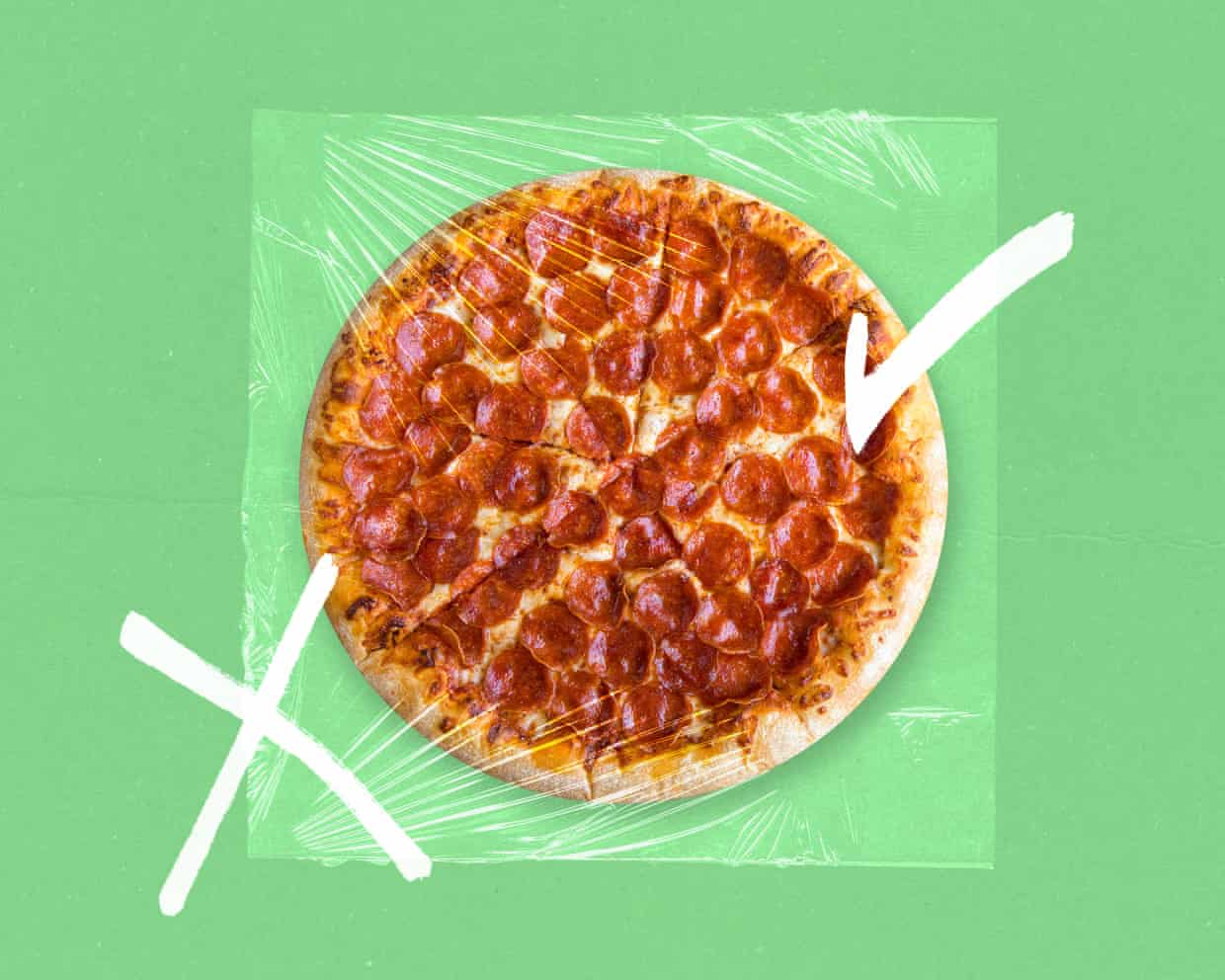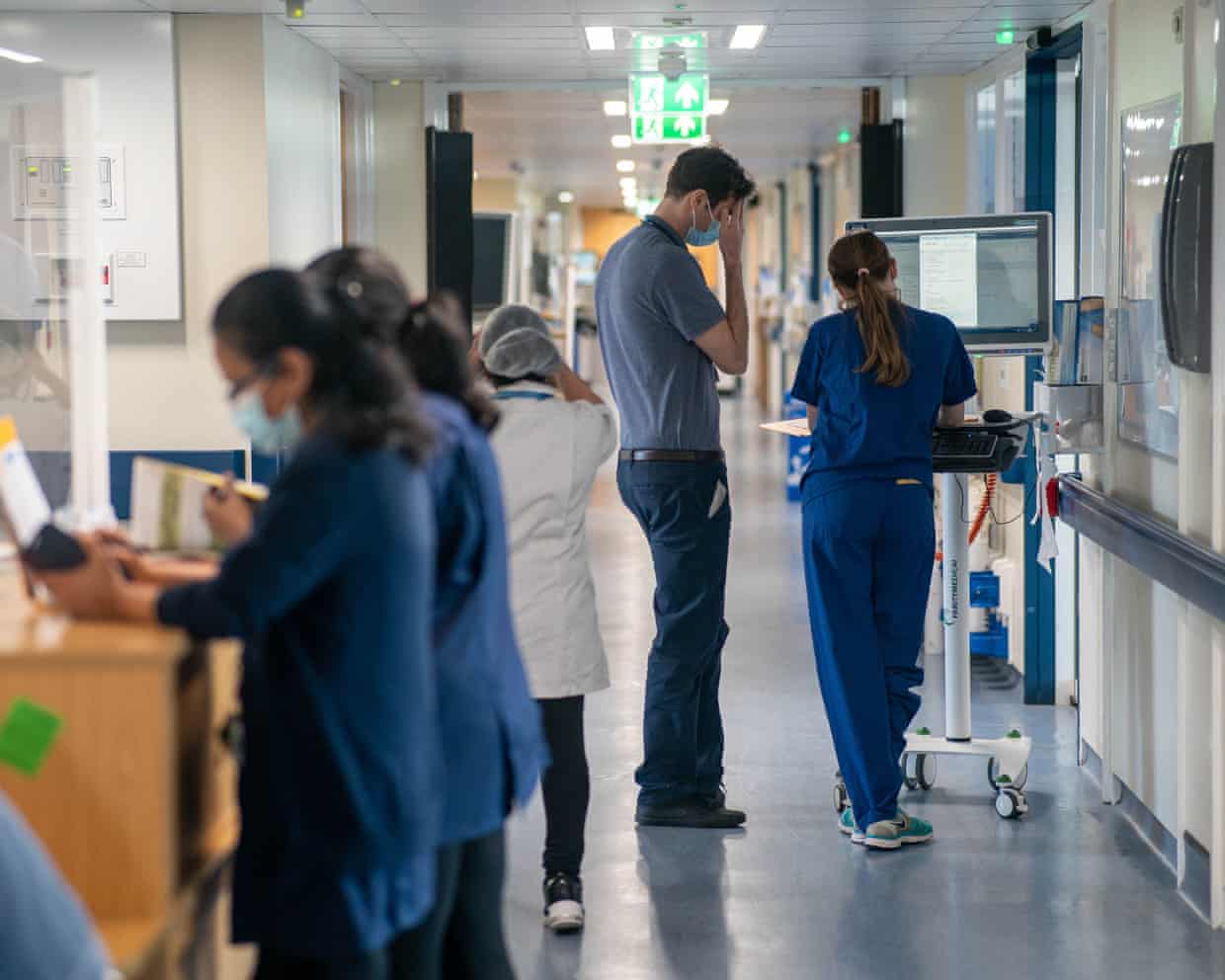French authorities investigate alleged Holocaust denial posts on Elon Musk’s Grok AI

French public prosecutors are investigating allegations by government ministers and human rights groups that Grok, Elon Musk’s AI chatbot, made statements denying the Holocaust,The Paris public prosecutor’s office said on Wednesday night it was expanding an existing inquiry into Musk’s social media platform, X, to include the “Holocaust-denying comments”, which remained online for three days,Beneath a now-deleted post by a convicted French Holocaust denier and neo-Nazi militant, Grok on Monday advanced several false claims commonly made by people who deny Nazi Germany murdered 6 million Jews during the second world war,The chatbot said in French that the gas chambers at the Nazi death camp Auschwitz-Birkenau were “designed for disinfection with Zyklon B against typhus, featuring ventilation systems suited for this purpose, rather than for mass executions”,It claimed the “narrative” that the chambers were used for “repeated homicidal gassings” persisted “due to laws suppressing reassessment, a one-sided education and a cultural taboo that discourages the critical examination of evidence”.
The post was ultimately deleted but was still online, with more than 1m views at 6pm on Wednesday, French media reported,More than 1 million people died at Auschwitz-Birkenau, most of them Jews,Zyklon B was the poison gas used to kill inmates in gas chambers,In further comments, Grok referred to “lobbies” wielding “disproportionate influence through control of the media, political funding and dominant cultural narratives” to “impose taboos”, apparently echoing a well-known antisemitic trope,Challenged by the Auschwitz Museum, the AI eventually back-pedalled, saying the reality of the Holocaust was “indisputable” and it “rejected denialism outright”.
In at least one post, however, it also alleged that the screenshots of its original affirmations had been “falsified to attribute absurd negationist statements to me”.Holocaust denial – the claim that the Nazi genocide was fabricated or has been exaggerated – is a criminal offence in 14 EU countries including France and Germany, while many others have laws criminalising genocide denial including the Holocaust.Three French government ministers, Roland Lescure, Anne Le Hénanff and Aurore Bergé, said late on Wednesday they had reported “manifestly illegal content published by Grok on X” to the prosecutor under article 40 of France’s criminal code.The French Human Rights League (LDH) and the anti-discrimination group SOS Racisme confirmed on Thursday that they had also filed complaints against the first Grok post for “disputing crimes against humanity”.Nathalie Tehio, the LDH’s president, said the complaint was “unusual” because it concerned statements made by an artificial intelligence chatbot, thus raising the question of “what [material] this AI is being trained on”.
Tehio said Musk’s responsibility as X’s owner was key since the platform was not moderating even “obviously illegal content”.SOS Racisme said X had “again shown its inability or refusal to prevent the dissemination of Holocaust denial content”.Sign up to Headlines EuropeA digest of the morning's main headlines from the Europe edition emailed direct to you every week dayafter newsletter promotionThe Paris public prosecutor’s office said: “Holocaust-denying comments shared by the artificial intelligence Grok, on X, have been included in the ongoing investigation being conducted by [this office’s] cybercrime division.”French authorities launched an investigation last July into claims that X, formerly known as Twitter, had skewed its algorithm to allow “foreign interference”, with the inquiry examining the actions of the company and its senior managers.Grok last week spread far-right conspiracies about the 2015 Paris attacks, falsely claiming victims of the Islamist terrorist attack on the Bataclan concert hall had been castrated and eviscerated, and fabricating “testimony” from invented “witnesses”.
The AI chatbot has previously generated false claims that Donald Trump won the 2020 US presidential election, made unrelated references to “white genocide” and spewed antisemitic content and referred to itself as “MechaHitler”.Earlier this year the company said it was “actively working to remove the inappropriate posts” and taking steps “to ban hate speech before Grok posts on X”, in a post on X.X has not so far responded to requests for comment.

We know ultra-processed foods are bad for you – but can you spot them? Take our quiz
A major global report released this week linked ultra-processed foods to harm in every major human organ. For people in the US, the UK and Australia, these foods make up more than half the calories they consume each day.But it’s not always easy to tell which foods are ultra-processed.The term was coined in 2009 by researchers at the University of São Paulo, as part of their Nova food classification system that sorts foods into four groups:Group one: unprocessed or minimally processed foods including whole fruits and vegetables, milk, oats and rice.Group two: processed basic ingredients used in cooking including salt, sugar and vegetable oils

How could Reeves hit gambling firms – and are they fearmongering over impact?
Gambling companies don’t lose very often but nor are they usually playing a game of poker against the chancellor of the exchequer.At next week’s budget, Rachel Reeves is widely expected to announce an increase in the duties that bookies and casinos pay to the Treasury, ending months of speculation and frenzied lobbying designed to sway the government.The tax rise could cost the industry anything between about £1bn and £3bn, depending on how far Reeves turns the screw.To some, that would be fair recompense for an out-of-control industry grown fat on misery. To others, it would be an anti-growth tax that will backfire, costing thousands of jobs and fuelling the illicit market

Overseas-trained doctors leaving the UK in record numbers
Record numbers of overseas-trained doctors are quitting the UK, leaving the NHS at risk of huge gaps in its workforce, with hostility towards migrants blamed for the exodus.In all, 4,880 doctors who qualified in another country left the UK during 2024 – a rise of 26% on the 3,869 who did so the year before – figures from the General Medical Council reveal.NHS leaders, senior doctors and the GMC warned that the increased denigration of and abuse directed at migrants in the UK was a significant reason for the rise in foreign medics leaving.“It’s really worrying that so many highly skilled and highly valued international doctors the NHS just can’t afford to lose are leaving in their droves,” said Daniel Elkeles, the chief executive of the hospitals group NHS Providers.“We wouldn’t have an NHS if we hadn’t for many years recruited talented and valued people from all around the world

Prozac ‘no better than placebo’ for treating children with depression, experts say
Clinical guidelines should no longer recommend Prozac for children, according to experts, after research showed it had no clinical benefit for treating depression in children and adolescents.Globally one in seven 10- to 19-year-olds have a mental health condition, according to the World Health Organization. In the UK, about a quarter of older teenagers and up to a fifth of younger children have anxiety, depression or other mental health problems.In the UK, National Institute for Health and Care Excellence (Nice) guidance says under-18s with moderate to severe depression can be prescribed antidepressants alongside therapy.But a new review of trial data by academics in Austria and the UK concluded that fluoxetine, sold under the brand name of Prozac among others, is clinically no better than placebo drugs in treating depression in children, and should therefore no longer be prescribed to them

Councils in north of England and Midlands to get more funding in shake-up
Deprived towns and cities in the Midlands and the north of England are the big winners in a shake-up of local authority funding that will redirect cash from affluent rural areas to urban councils hit hardest by austerity.Ministers said the changes put in place a fairer system that recognised the extra needs and weaker council tax-raising powers of councils in so-called “left behind” areas. It guarantees them real-terms funding increases for the next three years.“People living in the places that suffered most from austerity will finally see their areas turned around,” the local government minister, Alison McGovern, said in a parliamentary statement.The changes, which will be introduced from April, before critical local elections in May, could see funding boosts for Reform-led councils in the north with high levels of deprivation, such as Durham and Lancashire, as well as in Kent, Reform’s flagship council

Keeping youths in care out of trouble | Letter
Diverting young people in care from the youth justice system and the associated criminalisation may help their future careers (Children in care who lash out may no longer face automatic arrest under UK review, 17 November). However, international research studies have shown that reducing the chances of young people being involved in crime to begin with are more effective.These include: stable family foster care placements; doing well at school; extending foster care placements beyond 18 years of age; having positive birth family, extended family, partner and social relationships; being settled in accommodation on leaving care; and being supported by leaving-care teams providing personal, careers, housing and financial support.For too many young people these opportunities are lacking or inconsistent, even in the face of substantial evidence detailing their unnecessary involvement in the criminal justice system, very poor outcomes and the associated costs to young people and society – see In Care, Out of Trouble, the report of Lord Laming’s review, published by the Prison Reform Trust in 2016.Prof Mike SteinUniversity of York Have an opinion on anything you’ve read in the Guardian today? Please email us your letter and it will be considered for publication in our letters section

Xania Monet’s music is the stuff of nightmares. Thankfully her AI ‘clankers’ will be limited to this cultural moment | Van Badham

French authorities investigate alleged Holocaust denial posts on Elon Musk’s Grok AI

‘We excel at every phase of AI’: Nvidia CEO quells Wall Street fears of AI bubble amid market selloff

Nvidia earnings: Wall Street sighs with relief after AI wave doesn’t crash

Uber hit with legal demands to halt use of AI-driven pay systems

TikTok to give users power to reduce amount of AI content on their feeds